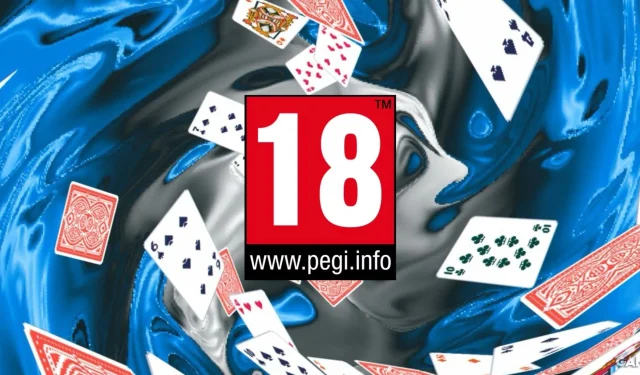
Balatro, a standout indie title, has captured the hearts of gamers in 2024. This remarkable roguelike deck-building card game, developed by the enigmatic Canadian creator known as LocalThunk, has not only clinched three awards at The Game Awards but has also achieved impressive sales figures, boasting an astonishing 3.5 million copies sold since its launch. However, its success is shadowed by controversy surrounding its PEGI rating, which has sparked considerable discussion across social media platforms.
LocalThunk, while maintaining a degree of anonymity, expressed his views on the PEGI rating system’s decision to classify Balatro with an adult 18+ rating. This classification raises eyebrows, particularly since the game does not explicitly delve into adult themes. The unique mechanics of Balatro, which bear some resemblance to poker, are at the crux of the rating controversy.
Gameplay Mechanics and Rating Concerns

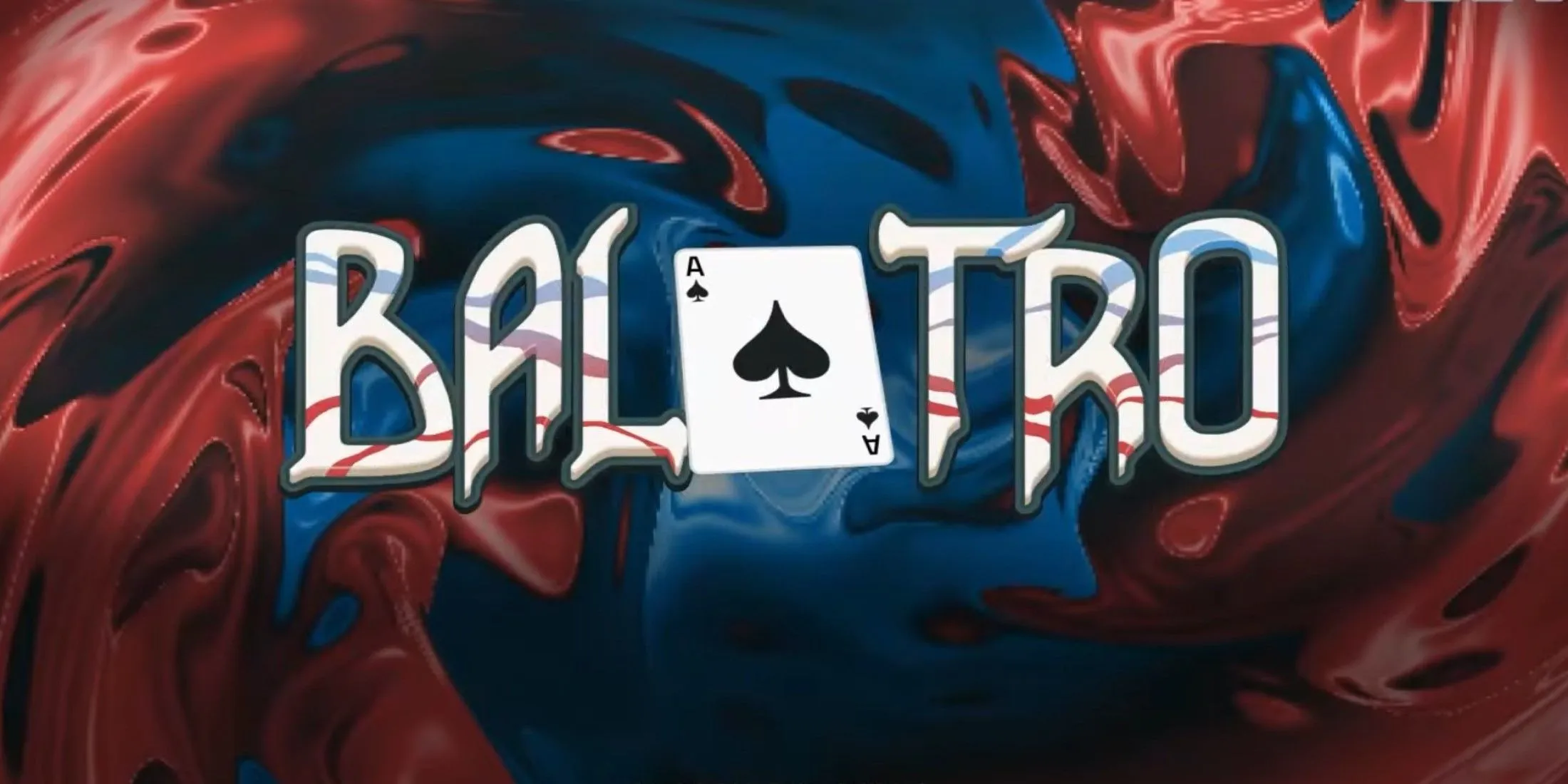
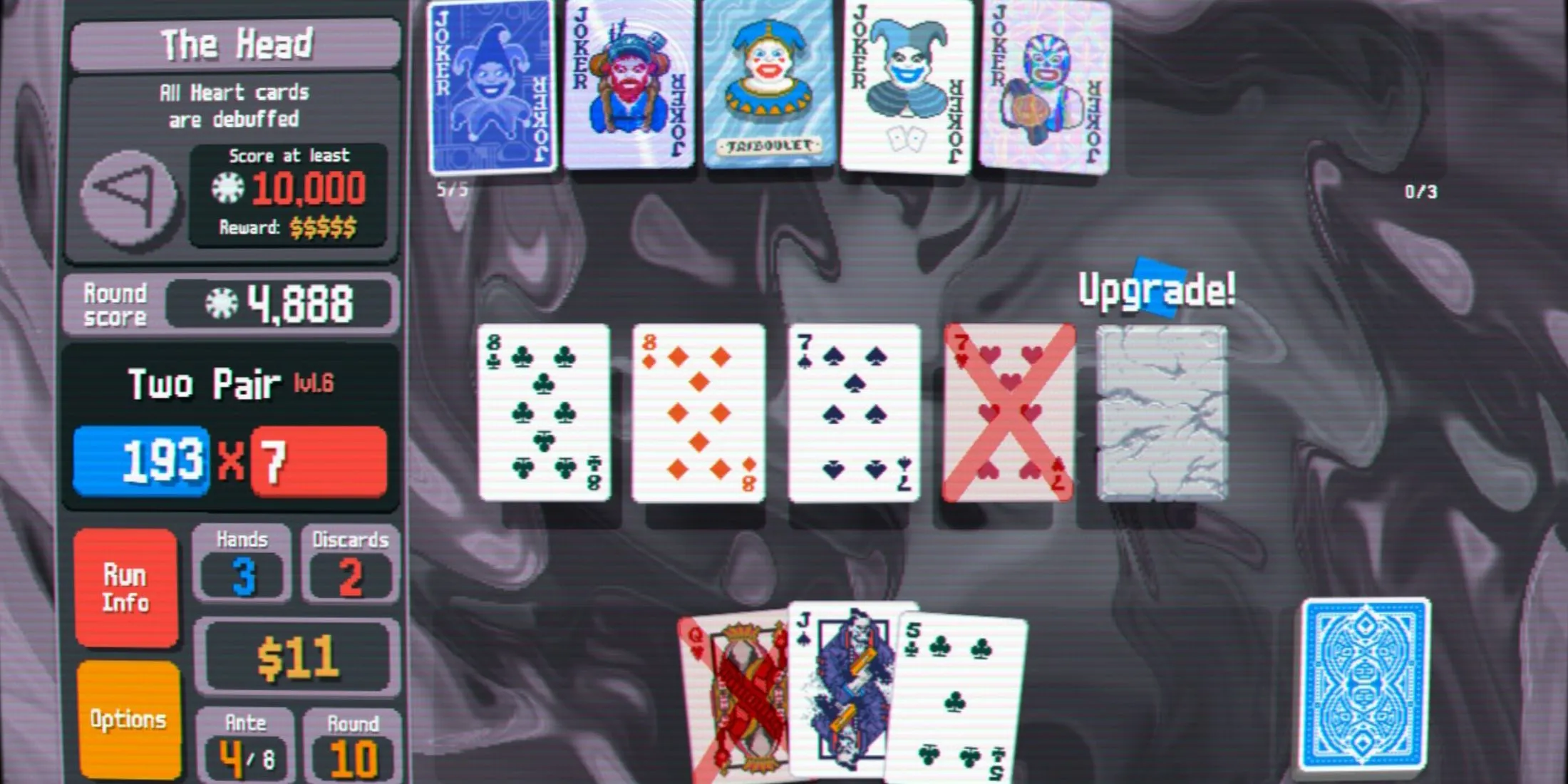
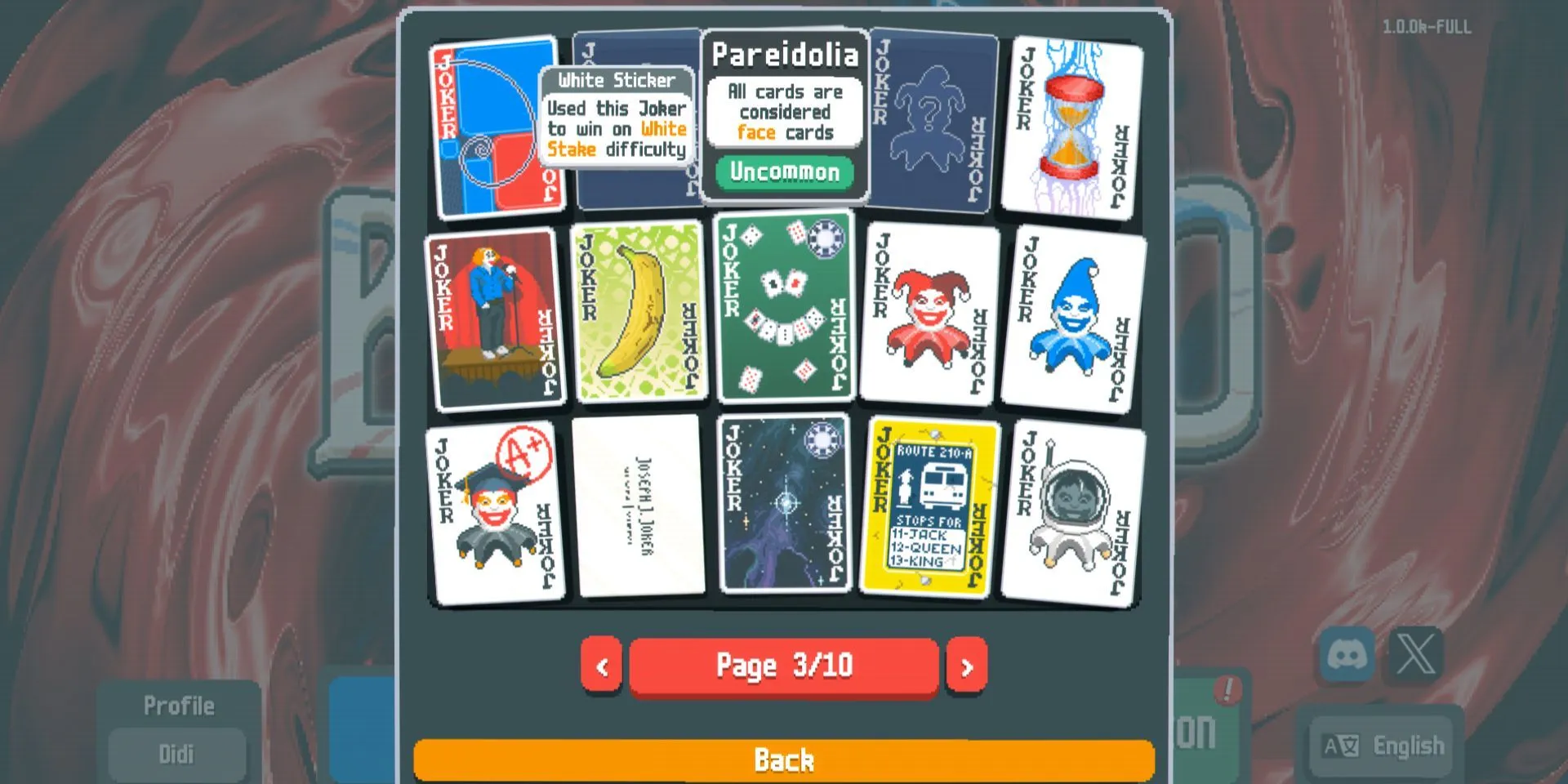
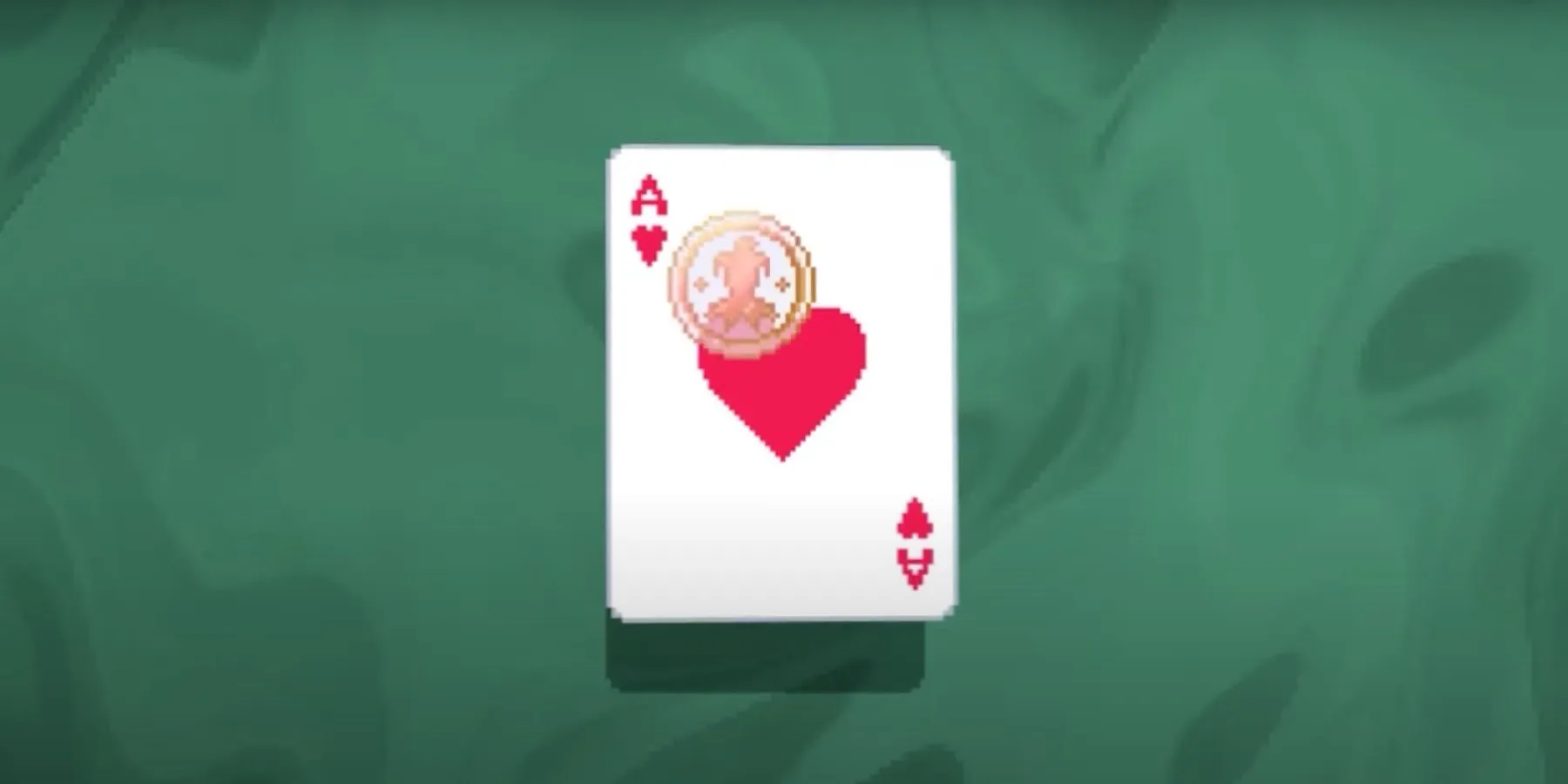
PEGI’s Perspective: Teaching Gambling
Despite Balatro’s family-friendly gameplay, PEGI maintains that the game’s mechanics could serve to inadvertently teach children the fundamentals of poker, potentially leading to gambling behaviors in the future. In response to this assertion, LocalThunk took to X (formerly Twitter) to humorously suggest that he might need to incorporate microtransactions or loot boxes to secure a more favorable rating, drawing a stark comparison to EA Sports FC’s features.
LocalThunk’s pointed remarks highlight a discrepancy between PEGI’s rating and other titles that include loot boxes labeled under more lenient ratings, sparking further debate. The PEGI system, which stands for Pan-European Game Information, plays a significant role in influencing game sales across Europe, and the implications of an 18+ rating are profound, drastically reducing the potential audience for Balatro.
Balatro Lacks Real Gambling
In a candid interview with PC Gamer, LocalThunk emphasized that he does not prioritize poker, reinforcing the argument that Balatro is not a gambling game. Players do not place actual bets, underlining the fact that the game does not promote or simulate gambling behaviors. Despite the unwarranted rating, the sales success of Balatro remains impressive, but LocalThunk’s primary concern is to redefine the perception of the rating system and its application.
Echoing his stance, LocalThunk criticized the leniency shown toward other games that feature genuine gambling mechanics while Balatro faces an unreasonable adult rating. He stated, “I’m way more irked at the 3+ for these games with actual gambling mechanics for children than I am about Balatro having an 18+ rating.”
Understanding Balatro’s Rating Landscape
- ESRB Rating: Everyone 10+
- USK (Germany) Rating: 12+
Considering Germany’s traditionally stringent rating criteria, the contrast of Balatro’s 18+ PEGI rating is particularly striking. As the year continues, Balatro emerges as a surprising success story amidst a competitive gaming landscape. While similarities to poker may exist, the question remains: what justifies PEGI’s tough stance against a game that LocalThunk articulately defends?
As of now, PEGI seems unlikely to revise its ratings decision, typifying its resistance to change. Although LocalThunk may find frustration in the system, the undeniable impact of Balatro as a top-performing title this year is a noteworthy achievement, deserving of recognition and celebration.




Leave a Reply